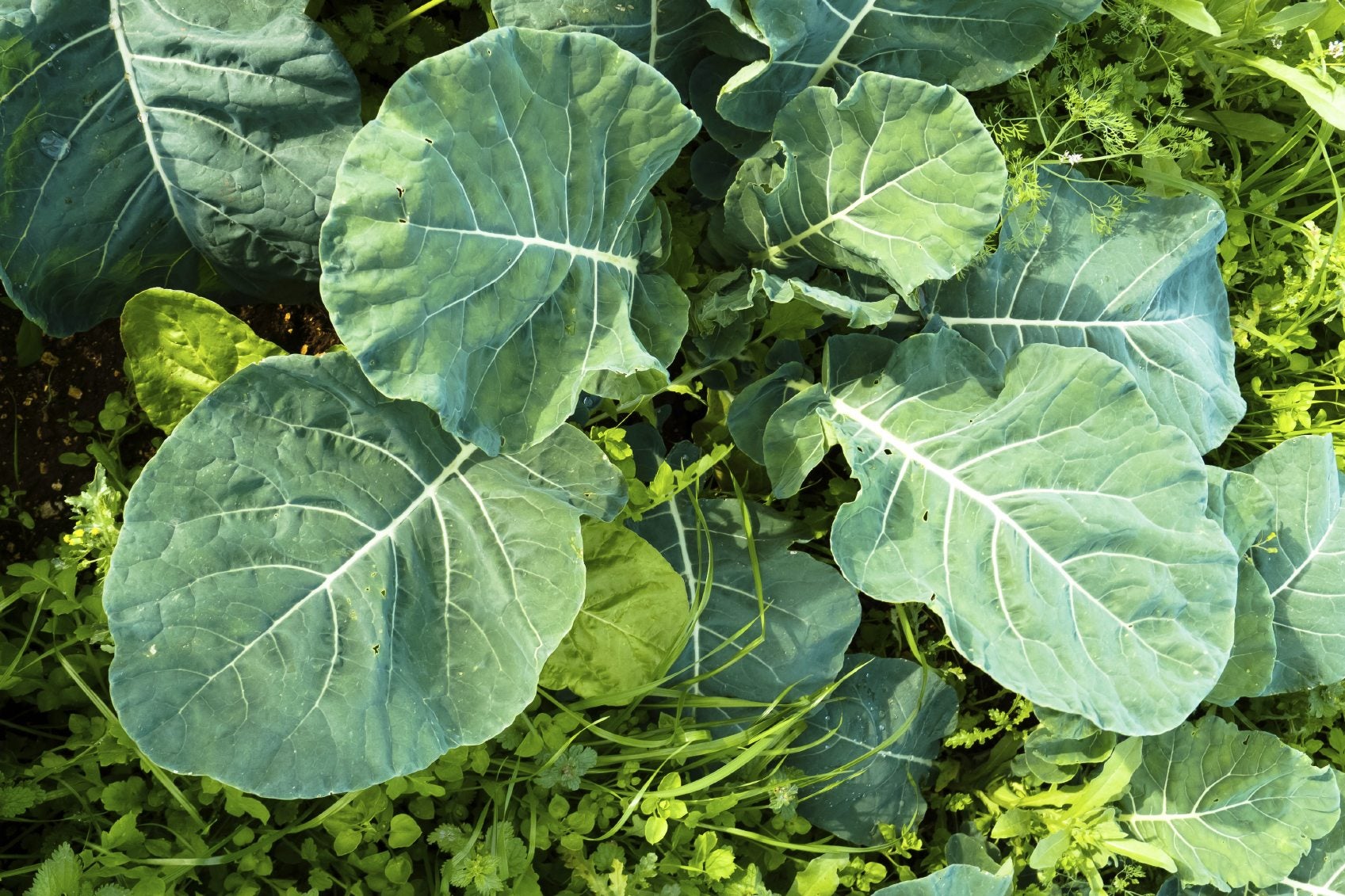Winter Salad Greens: Tips On Growing Greens In Winter


Garden-fresh vegetables in winter. It’s the stuff of dreams. You can make it a reality, though, with some crafty gardening. Some plants, unfortunately, just can’t survive in the cold. If you get cold winters, for instance, you’re not going to be picking tomatoes in February. You may, however, be picking spinach, lettuce, kale, and any other leafy greens you like. If you’re growing in the winter, salad greens are the way to go. Keep reading to learn how to grow greens over winter.
Greens to Grow Over Winter
Growing greens in winter is all about keeping them and the soil beneath them warm. This can be achieved a few ways, depending upon just how cold it is. Garden fabric works wonders when it comes to keeping greens safe and warm in cool weather. When the temperature drops, protect your winter salad greens further with a garden quilt. If growing greens in winter to you means all winter long, then you’ll want to switch to plastic, ideally held up with a structure called a hoop house. Build a structure made of plastic piping (or metal, if you’re expecting heavy snowfall) over your winter salad greens. Stretch over the structure thin, translucent plastic and secure it in place with clamps. Include a flap on opposite ends that can be easily opened and closed. On sunny days, even in the dead of winter, you’ll need to open the flaps to allow air circulation. This keeps the space inside from overheating and, importantly, prevents buildup of excessive moisture and disease or insect infestation.
How to Grow Greens in the Winter
Greens to grow over winter are often greens that germinate and thrive in cool temperatures. Keeping them cool in the summer is just as important as keeping them warm in the winter. If you’re looking to start your winter salad greens in late summer, you may want to start them indoors, away from hot temperatures outside. Once the temperatures begin to drop, transplant them outside. Beware though- plants really do need ten hours of sunlight per day to grow. Starting your plants early in the fall ensures they’ll be big enough to harvest from in the winter, when they won’t necessarily be able to replenish harvested leaves.
Sign up for the Gardening Know How newsletter today and receive a free copy of our e-book "How to Grow Delicious Tomatoes".

The only child of a horticulturist and an English teacher, Liz Baessler was destined to become a gardening editor. She has been with Gardening Know how since 2015, and a Senior Editor since 2020. She holds a BA in English from Brandeis University and an MA in English from the University of Geneva, Switzerland. After years of gardening in containers and community garden plots, she finally has a backyard of her own, which she is systematically filling with vegetables and flowers.